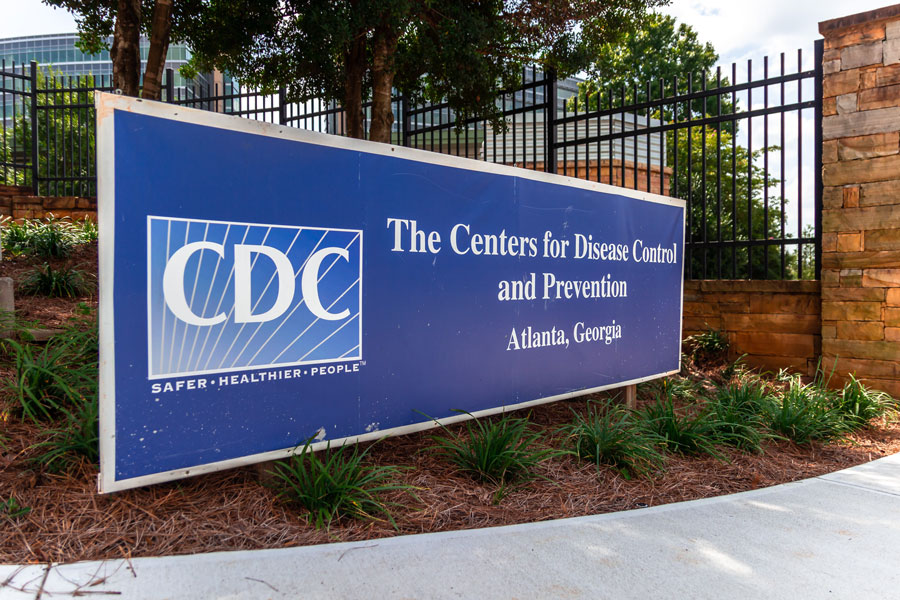
WASHINGTON, D.C. – According to reports, an advisory panel from the Centers for Disease Control and Prevention (CDC) has said that, according to new data, COVID-19 vaccines could be responsible for uncommon instances of heart inflammation in adolescents and young adults, prompting the Food and Drug Administration (FDA) to announce that they will be adding warnings to Pfizer and Moderna vaccines going forward.
However, medical professionals and the CDC say that the benefits of being vaccinated “still clearly outweigh the risks,” and are recommending that eligible young people – ages 12 and up – still receive the COVID-19 inoculation, noting that in the rare instances that heart problems do occur, they are generally very minor.
According to the recently-released data, there have been 1,200 cases of myocarditis – inflammation of the heart muscle – and pericarditis – inflammation of the outer lining of the heart – reported in connection with COVID-19 vaccines so far. Myocarditis symptoms range from chest pains and heart palpitations to shortness of breath.
Over 80 of these cases occurred after the second shot, and were split among the Pfizer (65 percent) and Moderna (35 percent) vaccines. The greatest number of heart issues occurred in males under the age of 24, the CDC said.
This new development comes amid news of a new Delta variant of COVID that has hit the United States, which – coupled with some segments of the population hesitating to be vaccinated – has seen a surge of new cases of COVID-19 in regions such as southwest Missouri, where hospitalizations from the virus have jumped 160 percent, reports say. In particular, Branson – a popular summer tourist destination – currently reports that only one-quarter of its residents have been inoculated.



Comments are closed.